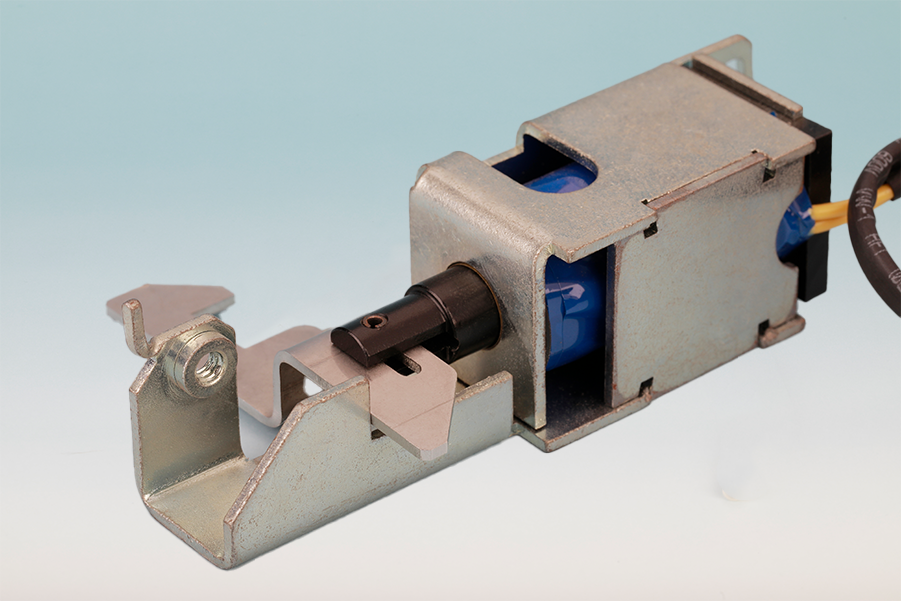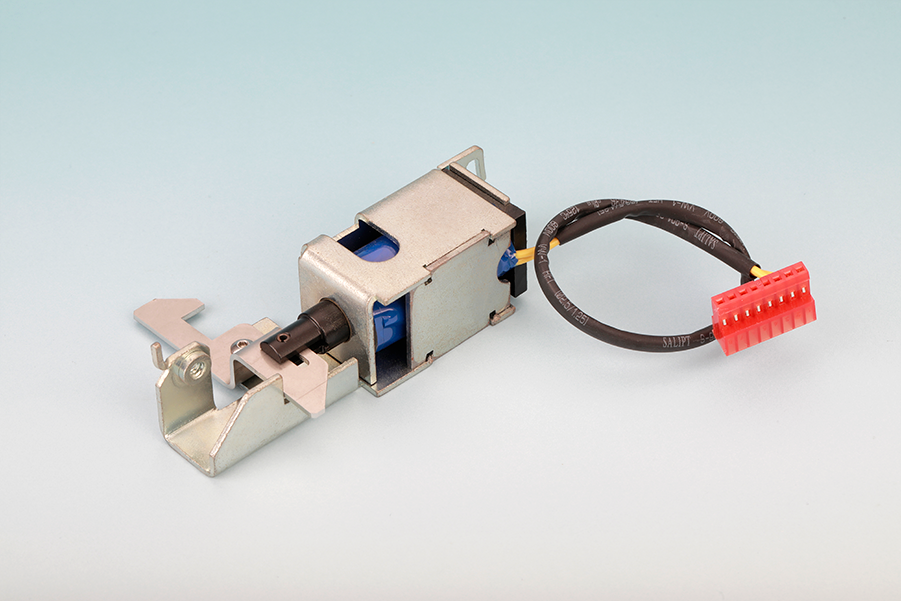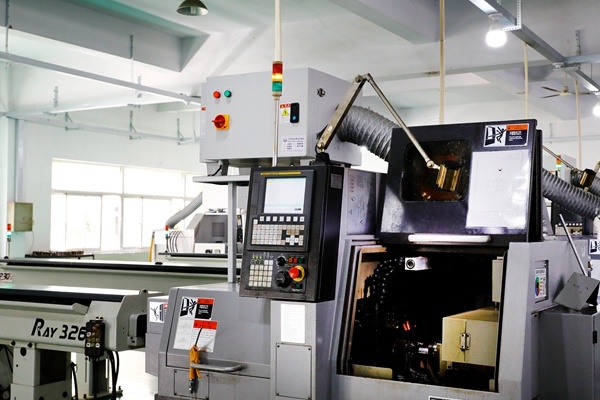Mikuni Carburetor Solenoids vs. Traditional Solenoids: Understanding the Key Differences and Applications
Release Time:
Jun 23,2025
Mikuni Carburetor Solenoids vs. Traditional Solenoids: What’s the Difference? In the realm of automotive electronics, solenoids play a crucial role in regulating various functions within the engine and fuel systems. Among the various types available, **Mikuni carburetor solenoids** and traditional solenoids stand out for their unique applications and functionalities. In this article, we delve into
Mikuni Carburetor Solenoids vs. Traditional Solenoids: What’s the Difference?
In the realm of automotive electronics, solenoids play a crucial role in regulating various functions within the engine and fuel systems. Among the various types available, **Mikuni carburetor solenoids** and traditional solenoids stand out for their unique applications and functionalities. In this article, we delve into the key differences between these two solenoid types and explore their respective advantages, applications, and operational mechanisms.
Table of Contents
- Understanding Solenoids: A Brief Overview
- What is a Mikuni Carburetor Solenoid?
- Working Principle of Mikuni Solenoids
- Advantages of Mikuni Carburetor Solenoids
- Traditional Solenoids Explained
- How Traditional Solenoids Work
- Benefits of Traditional Solenoids
- Key Differences Between Mikuni and Traditional Solenoids
- Applications of Mikuni Solenoids
- Applications of Traditional Solenoids
- Choosing the Right Solenoid for Your Needs
- Frequently Asked Questions
- Conclusion
Understanding Solenoids: A Brief Overview
Before examining the differences between Mikuni carburetor solenoids and traditional solenoids, it is essential to understand what a solenoid is. In simple terms, a solenoid is an electromechanical device that converts electrical energy into linear motion. Typically cylindrical in shape, solenoids consist of a coil of wire wound around a movable metal core. When an electric current passes through the coil, it generates a magnetic field that pulls or pushes the core, enabling it to perform various mechanical functions.
What is a Mikuni Carburetor Solenoid?
Mikuni carburetor solenoids are specifically designed for use in carbureted engines, particularly in motorcycles and small engines. These solenoids control the flow of fuel or air within the carburetor system, ensuring optimal performance. They are commonly used in applications where precise fuel delivery is crucial, such as in racing or performance-oriented vehicles. The unique design of Mikuni solenoids allows them to respond rapidly to changing conditions, making them ideal for high-performance scenarios.
Working Principle of Mikuni Solenoids
Mikuni solenoids operate on the same basic principle as traditional solenoids. When energized, the coil creates a magnetic field that actuates a plunger or rod within the solenoid. This movement opens or closes a valve, regulating the flow of fuel or air to the carburetor. The quick response time of Mikuni solenoids allows for precise adjustments in fuel delivery, which is vital for maintaining optimal engine performance, especially during acceleration or when idling.
Advantages of Mikuni Carburetor Solenoids
1. **Fast Response Time**: Mikuni solenoids are designed for quick operation, allowing for rapid adjustments in fuel delivery.
2. **Enhanced Fuel Efficiency**: By controlling fuel flow more effectively, these solenoids help improve overall fuel efficiency and performance.
3. **Durability**: Constructed with high-quality materials, Mikuni carburetor solenoids are built to withstand the demanding conditions of performance engines.
4. **Versatility**: These solenoids can be used in a variety of applications beyond just motorcycles, including ATVs and small engines.
5. **Easy Installation**: Mikuni solenoids are designed for user-friendly installation, making them accessible for both professional mechanics and DIY enthusiasts.
Traditional Solenoids Explained
Traditional solenoids have been used in various applications for decades. They are versatile devices commonly found in starter motors, door locks, and various automotive systems. Unlike Mikuni solenoids, which focus on fuel management, traditional solenoids serve a broad range of functions, including engaging or disengaging mechanisms, locking, and activating other electrical components.
How Traditional Solenoids Work
The operational mechanism of traditional solenoids is similar to that of Mikuni solenoids. When electricity is applied to the coil, it generates a magnetic field that moves the metal core. This movement can either push a rod out or pull it in, depending on the solenoid’s design. In automotive applications, traditional solenoids often engage mechanisms like starter motors or shift levers in automatic transmissions.
Benefits of Traditional Solenoids
1. **Broad Range of Applications**: Traditional solenoids are utilized across many industries, making them highly versatile.
2. **Reliability**: These solenoids have a proven track record for reliability in automotive applications, ensuring dependable operation.
3. **Cost-Effective**: Traditional solenoids are generally more affordable than specialized solenoids, making them accessible for various budgets.
4. **Simplicity**: The straightforward design of traditional solenoids makes them easy to understand and repair.
5. **Wide Availability**: Given their long-standing presence in the market, traditional solenoids are readily available from numerous suppliers.
Key Differences Between Mikuni and Traditional Solenoids
While both Mikuni carburetor solenoids and traditional solenoids serve crucial roles in automotive applications, several key differences set them apart:
1. **Purpose**: Mikuni solenoids specifically manage fuel and air flow in carbureted engines, whereas traditional solenoids serve a broader range of functions.
2. **Response Time**: Mikuni solenoids offer faster response times, vital for high-performance applications, while traditional solenoids may have slower actuation.
3. **Design and Construction**: Mikuni solenoids are engineered for high-performance use, often made with specialized materials, while traditional solenoids are more generic.
4. **Application Scope**: Mikuni solenoids are primarily used in motorcycles and performance engines, while traditional solenoids are found in a variety of automotive systems.
5. **Cost and Availability**: Traditional solenoids tend to be more widely available and cost-effective compared to specialized Mikuni solenoids.
Applications of Mikuni Solenoids
Mikuni carburetor solenoids are particularly well-suited for a range of applications, including:
1. **Motorcycles**: Used in high-performance motorcycles to ensure optimal fuel delivery.
2. **ATVs**: Enhancing performance in all-terrain vehicles by providing precise fuel management.
3. **Small Engines**: Commonly found in lawnmowers and other small machinery to regulate fuel flow.
4. **Racing Vehicles**: Vital for competitive racing applications where every millisecond counts.
5. **Custom Builds**: Popular among enthusiasts who build custom motorcycles or engines.
Applications of Traditional Solenoids
Traditional solenoids are used in a wide array of applications, such as:
1. **Starter Motors**: Engaging the starter motor to fire up the engine.
2. **Automated Door Locks**: Activating locking mechanisms in vehicles and buildings.
3. **Transmission Systems**: Engaging or disengaging shift levers in automatic transmissions.
4. **Industrial Equipment**: Used in various machinery for actuation purposes.
5. **Solenoid Valves**: Controlling the flow of fluids in various systems.
Choosing the Right Solenoid for Your Needs
Selecting the appropriate solenoid for your application involves several considerations:
1. **Application Type**: Identify the specific function the solenoid will serve. If you need fuel management, opt for a Mikuni solenoid. For other mechanical functions, a traditional solenoid may be suitable.
2. **Response Time**: For high-performance vehicles or racing applications, prioritize solenoids with faster response times.
3. **Reliability**: Choose solenoids from reputable manufacturers to ensure reliability and longevity.
4. **Budget**: Consider your budget, as specialized solenoids like Mikuni may come at a higher cost compared to traditional options.
5. **Installation**: Assess the ease of installation, especially if you prefer DIY projects.
Frequently Asked Questions
1. **What are the main functions of solenoids in automotive applications?**
Solenoids are used to actuate mechanisms, control fuel flow, engage starter motors, and perform various tasks in automotive systems.
2. **Are Mikuni solenoids compatible with all carbureted engines?**
Mikuni solenoids are designed for specific carbureted systems, so compatibility may depend on the engine configuration.
3. **How can I ensure the reliability of a solenoid?**
Purchase solenoids from established manufacturers and check for warranties or performance ratings.
4. **Can traditional solenoids be used in performance applications?**
While traditional solenoids can be used, they may not provide the same level of performance as specialized solenoids like Mikuni.
5. **What should I consider when replacing a solenoid?**
Consider the application, required specifications, installation ease, and budget before purchasing a replacement.
Conclusion
In summary, understanding the differences between Mikuni carburetor solenoids and traditional solenoids is crucial for making informed decisions in automotive applications. While both types serve vital roles, they cater to different needs and performance levels. Mikuni solenoids excel in high-performance scenarios, offering fast response times and precision fuel management, while traditional solenoids provide reliability and versatility across a wider range of applications. By evaluating your specific requirements and the unique features of each solenoid type, you can make the best choice for optimal performance and efficiency in your vehicle or machinery.
Related content




